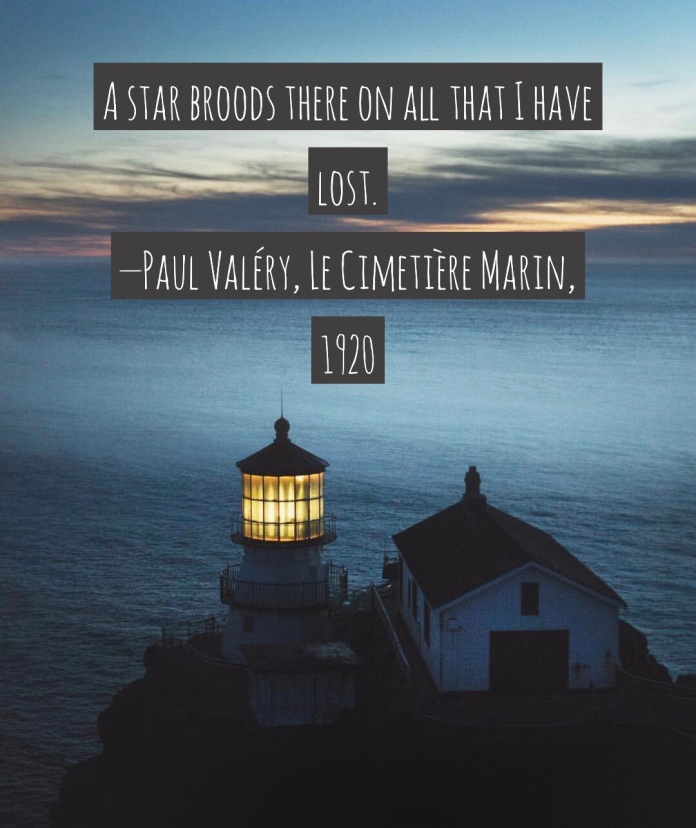“A sad story, don’t you think?”
Haruki Murakami, On Seeing the 100% Perfect Girl One Beautiful April Morning
1.
I thought all the kids did it. Whenever it got too much, you’d just take it all, unspooled as it was, and pick a song. (Any song.) You’d listen to that song again and again and again, until the feeling was the song and the song the feeling. And… then you didn’t have to worry about it ever again. It worked really well — it still does. The only problem is that now I’m old enough to forget things. And sometimes I’ll play a song that’s vaguely familiar and, before I know it, all those threads that I’ve carefully stashed into it will come flying out. And high up on Mount Olympus, Ariadne can’t stop giggling.
2.
I remember the softness of her naked feet on the cold, clean tiles.
3.
At dusk, bright billboards of you across Lahore pursue me home.
4.
Even the smallest Dairy Milk is purple. Once, purple was worth its weight in gold. The Phoenicians would crack open hundreds of thousands of Mediterranean sea snails to make an ounce of Tyrian purple. Imagine that. Imagine the audacity of trying to overwhelm her with quantity, to stretch my hands out “thiiiiiiis much”, “to the moon and back”, “infinity times infinity”, but I can’t say all that, of course, so I do the best I can and save up for weeks and weeks and buy as many of the small, purple bars of Dairy Milk that I can. And when I turn the large backpack upside down before her, I can see the concern for my sanity in her eyes. Believe me, this is the best that I can do to show you how much. Forgive the quality of the chocolate. Once, purple was worth its weight in gold. I stand before you, hoping that the quantity is enough for you to extrapolate the quality. You were always good at math.
5.
The indolent Sunday afternoons of my childhood are estranged from me. Lost in time. They seemed so endless back then. Will I ever get them back? Or, if I do, will it simply lead to a relocation of those longings to another horizon, still further back. I dream of horizons of yearning, each gazing at the other, a succession of infinite funhouse mirrors in a Barnum and Bailey multiverse. “But it wouldn’t be make-believe / if you believed / in me.”
6.
A final memory. Another birthday party. She is not coming. So I talk to an old friend. An animated conversation about politics — the usual. When, suddenly. Small, soft palms cover my eyes. The heart-note of a perfume I can always pick out, no matter how crowded the school’s corridor. A voice breathes in my ear. Guess who? And I can not breathe. For I know that this moment will forever be a barometer for my happiness, a high-water mark left on the levees of my heart.
7.
And now here I am, on the last train home. And I do not know what to make of that.

we were running through the autumn leaves /
a couple kids just wearing out our jeans…

